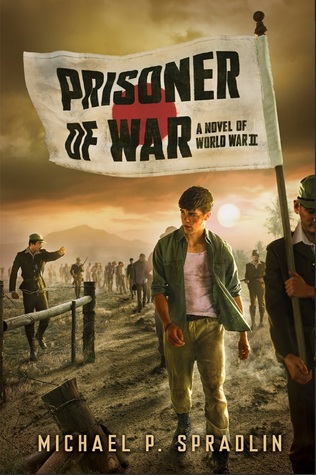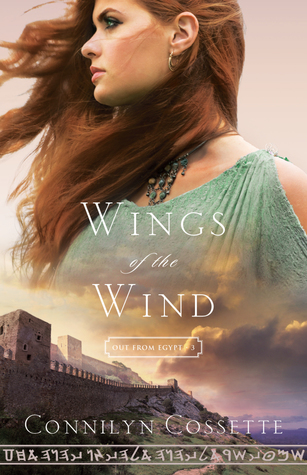 |
| Click to view on Goodreads |
Tanner McKay is at Bannerman Prep for only one reason: the elite school recruited him after he brought his public school’s debate team to victory last year. Bannerman wants a championship win. Debate is Tanner’s life—his ticket out of his poor-as-dirt life and family drama, straight to a scholarship to Stanford and the start of a new, better future.
But when he's paired with the Duke, his plans for an easy ride seem as if they’ve hit the rails. The Duke is the quintessential playboy, beloved by everyone for his laissez-faire attitude, crazy parties, and seemingly effortless favors.
And a total no-show when it comes to putting in the work to win.
But as Tanner gets sucked into the Duke’s flashy world, the thrill of the high life and the adrenaline of existing on the edge becomes addictive. A small favor here and there seems like nothing in exchange for getting everything he ever dreamed of.
But the Duke’s castle is built on shady, shaky secrets, and the walls are about to topple down.
A contemporary retelling of The Great Gatsby, Katie Nelson’s taut debut is perfect for fans of John Green’s Looking for Alaska, Kate Brian’s Private series, and anyone who’s encountered the cut-throat world of competitive high school.
(352 pages)
I'm a huge sucker for fairytale retellings, and I loved reading The Great Gatsby in English class. I decided to read The Duke of Bannerman prep as a way of combining those two favorites of mine into (hopefully) a new one: a retelling of Gatsby set in modern day!
And at first, it was every bit as awesome as I'd hoped it would be. The book managed to stick closely with the essential plot points of the original story while adding a lot of cool new twists–like the fact that Tanner's (the Nick character's) reason for being at Bannerman Prep essentially revolves around his talent at debate, and that we learn quite a bit about his family back home. He has a mentally handicapped younger brother named Sam. I really liked Sam. I also inwardly fangirled every time Nelson threw in references to the original book. At some point, one of the characters literally drops a copy of The Great Gatsby that they're reading in English!
As the story went on, though, I began to notice more flaws. It must have been insanely tricky to work out all the ways to transform a book about adults in the 1920's into a 21st-century novel about a bunch of kids at boarding school. One area that never really worked for me (and I mean it worked even less for me than the already-sketchy original version) was the romantic triangle between the Duke (Gatsby), Abby (Daisy), and Blake (Tom). Abby is portrayed pretty sympathetically, but her decisions make no sense: why does she refuse to break up with Blake, who's not even her husband, in order to start dating the Duke? And why does she fall so hard for the Duke when they'd never even met before Tanner's first day of school? Without the shared history that Daisy and Gatsby had, and the social pressures that helped keep Daisy and Tom together, the dynamic just feels really forced. And Tanner seems like even more of a tool for enabling it.
Honestly, Tanner is such a pushover it's ridiculous. I know Nick was to a certain extent too, but not in the same way. I think the cheating issue put things over the top. I also struggled with how the Duke was portrayed, because–again–he missed the backstory with Abby/Daisy that made the original story so beautiful and tragic. The ending was quite altered with him as well, and I'm not sure I liked how it went over. I thought Jordan's character (now named Kelsey) was actually changed for the better, though.
I think that summarizes my feelings toward the book quite well. If you're looking for an interesting (if not exactly scene-for-scene) retelling of The Great Gatsby, and you don't mind a little bit of crudeness/making out here and there, then The Duke of Bannerman Prep might be just what you're looking for.







